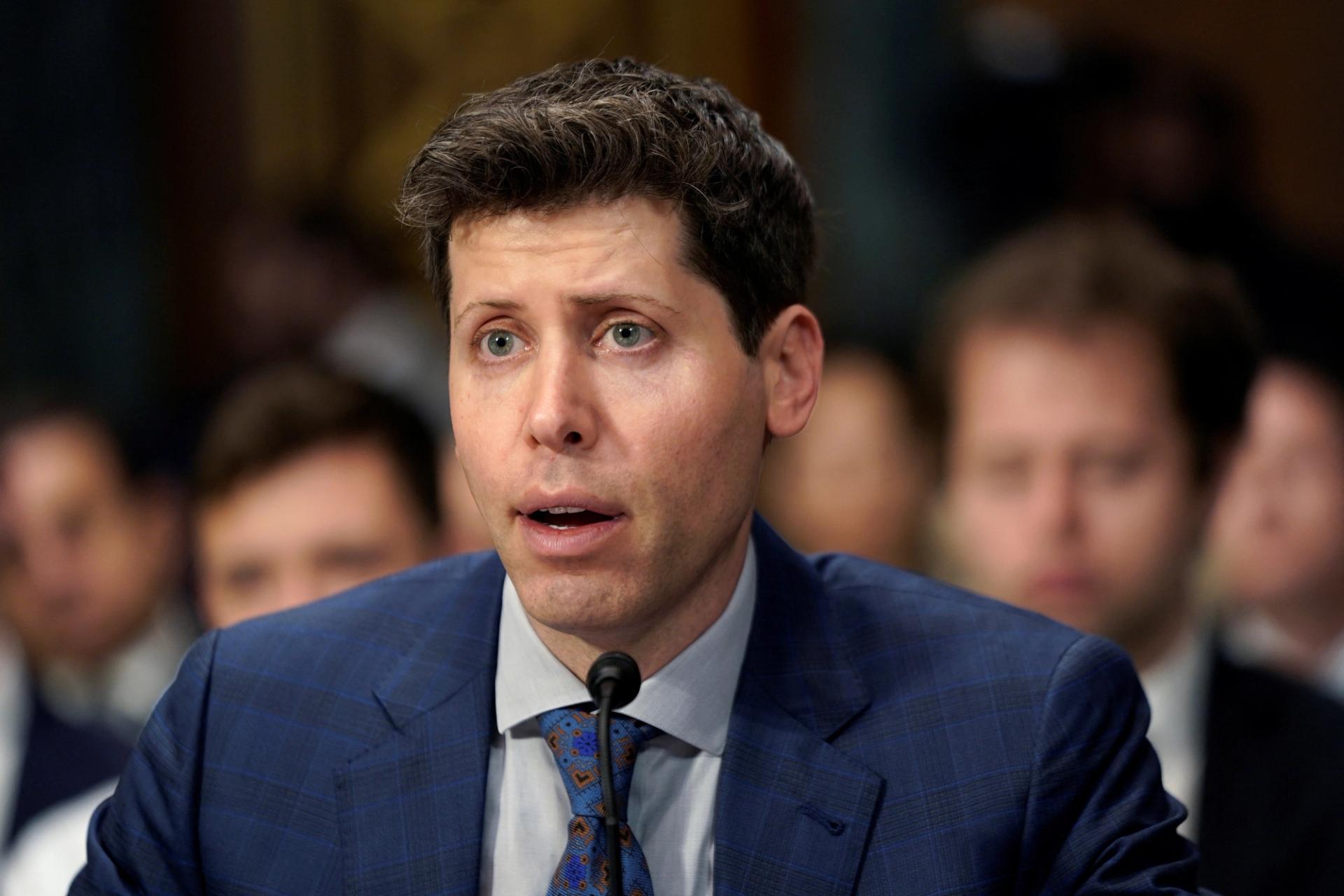The News
OpenAI CEO Sam Altman, whose company created the artificial intelligence chatbot ChatGPT, told U.S. senators Tuesday that he thinks the technology will “entirely automate away some jobs.”
Altman was specifically referring to GPT-4, the advanced AI model that powers Microsoft’s Bing Chat and the paid version of ChatGPT. While it could eliminate jobs, he predicted, it will also create new ones “that we believe will be much better.”
“There will be an impact on jobs. We try to be very clear about that,” he said.
A Senate Judiciary Committee panel held the hearing on AI for lawmakers considering regulations as the tech industry makes rapid advancements on machine learning and rolls out new products.
In this article:
Know More
Altman also said that regulation is “critical.” He recommended that AI companies adhere to a set of safety requirements, as well as licensing and testing requirements for AI developers.
His worst fear for the future of AI, he said, is that the tech industry causes “significant harm to the world.”
“It can go quite wrong,” Altman said.
Amid questions about whether the senators have enough knowledge of AI tech to scrutinize and regulate it, some committee members showed off their experience with the systems. Sen. Richard Blumenthal, D-Conn., began his opening statement by playing an AI clone of his own voice, reciting remarks written by ChatGPT.
And Marsha Blackburn, R-Tenn., said she asked ChatGPT before the hearing if Congress should regulate the industry.
The View From Beijing
As the U.S. government looks to rein in the industry, the municipal government of Beijing unveiled a draft policy this week to accelerate AI innovation, the South China Morning Post reported.
The plans include the provision of state-sponsored computing power to AI firms. The policy also notes a lack of high-quality Chinese language materials that can be used to train Chinese AI systems.
Separately Chinese officials have rolled out new rules aimed at curbing the spread of AI-generated misinformation and deepfakes posted on social media. In February, government regulators warned the public to be wary of “rumors” generated by ChatGPT.
